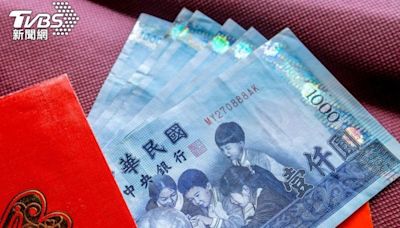搜尋結果
Leucippus was a Greek philosopher of the 5th century BCE. He is credited with founding atomism, with his student Democritus. Leucippus divided the world into two entities: atoms, indivisible particles that make up all things, and the void, the nothingness between the atoms. Leucippus's ideas were influential in ancient and Renaissance philosophy.
Roman numerals are a numeral system that originated in ancient Rome and remained the usual way of writing numbers throughout Europe well into the Late Middle Ages. Numbers are written with combinations of letters from the Latin alphabet, each letter with a fixed integer value. Modern style uses only these seven: I V X L C D M 1 5 10 50 100 500 ...
It also occurred independently in Mesoamerica (about 6,000 years ago), China, Papua New Guinea, and the Sahel and West Savanna regions of Africa. [49] [50] [51] Access to food surplus led to the formation of permanent human settlements , the domestication of animals and the use of metal tools for the first time in history.
French Indochina (previously spelled as French Indo-China), officially known as the Indochinese Union and after 1947 as the Indochinese Federation, was a grouping of French colonial territories in Mainland Southeast Asia until its end in 1954. It comprised Cambodia, Laos (from 1899), the Chinese territory of Guangzhouwan (from 1898 until 1945), and the Vietnamese regions of Tonkin in the north ...
Earth is the third planet from the Sun and the only astronomical object known to harbor life. This is enabled by Earth being a water world, the only one in the Solar System sustaining liquid surface water. Almost all of Earth's water is contained in its global ocean, covering 70.8% of Earth's crust. The remaining 29.2% of Earth's crust is land ...
Albert Einstein ( / ˈaɪnstaɪn / EYEN-styne; [4] German: [ˈalbɛɐt ˈʔaɪnʃtaɪn] ⓘ; 14 March 1879 – 18 April 1955) was a German-born theoretical physicist who is widely held to be one of the greatest and most influential scientists of all time. Best known for developing the theory of relativity, Einstein also made important ...
Mausoleum of the First Qin Emperor. / 34.38500°N 109.27306°E / 34.38500; 109.27306. The Terracotta Army is a collection of terracotta sculptures depicting the armies of Qin Shi Huang, the first emperor of China. It is a form of funerary art buried with the emperor in 210–209 BCE with the purpose of protecting him in his afterlife.






